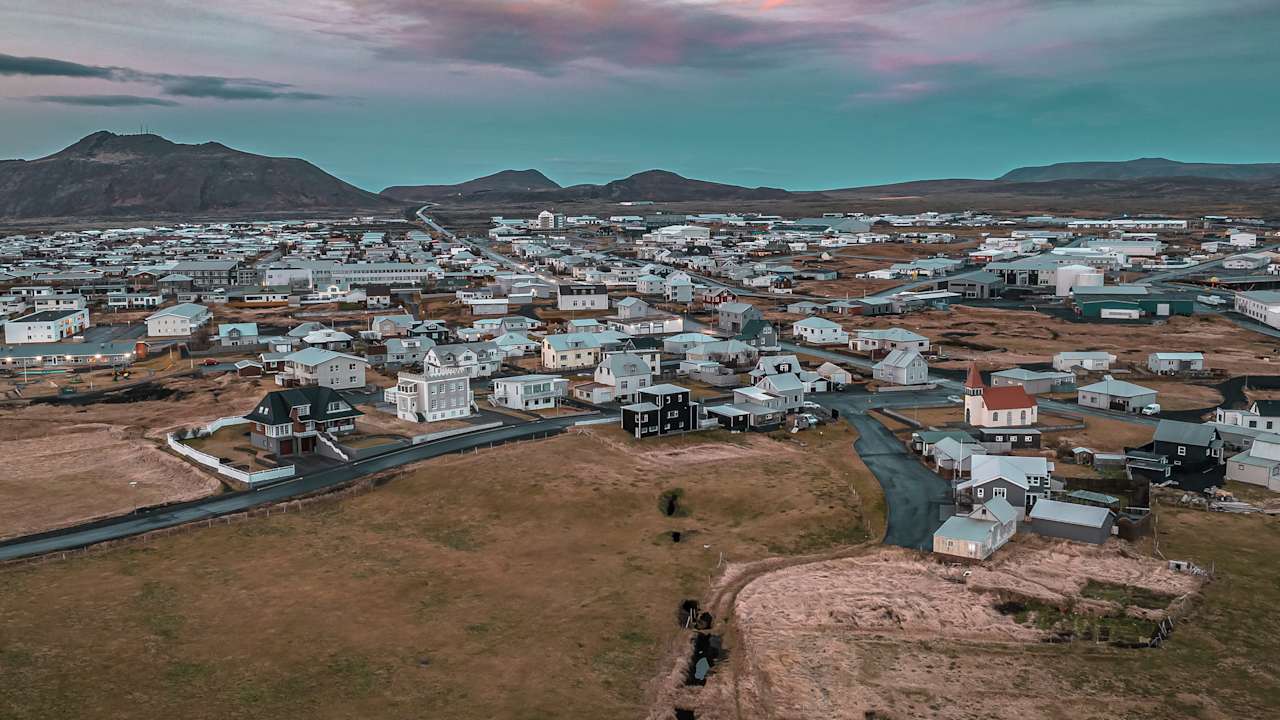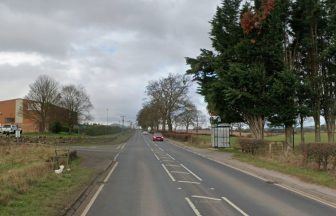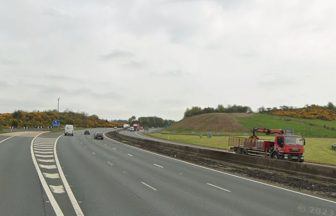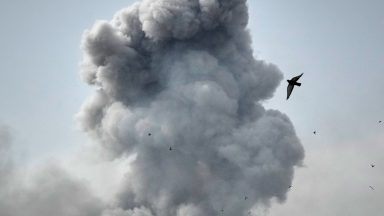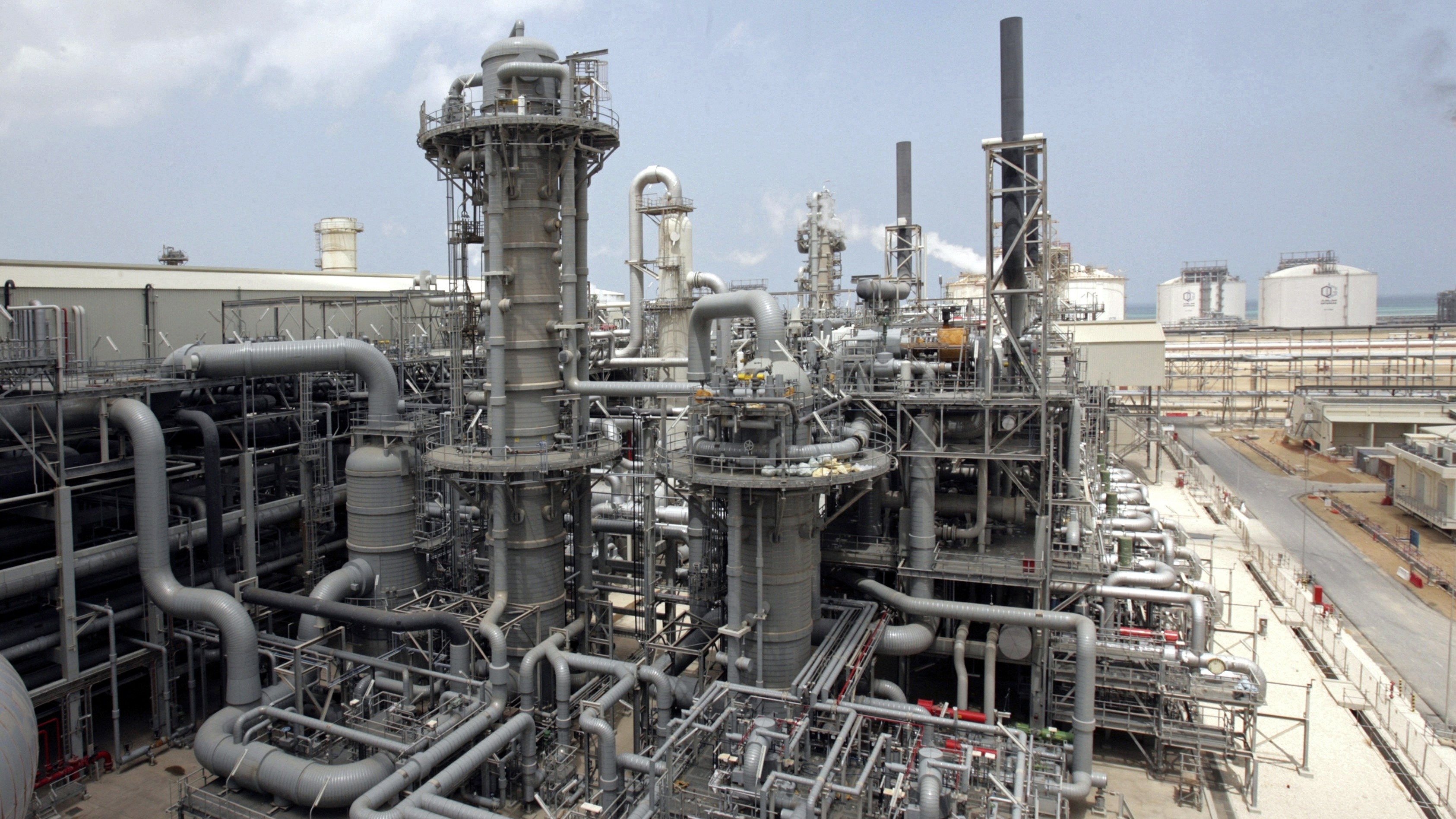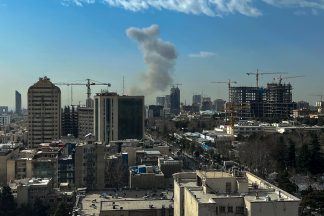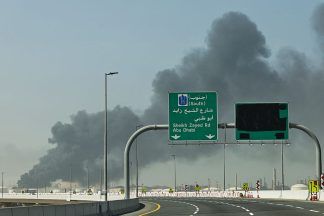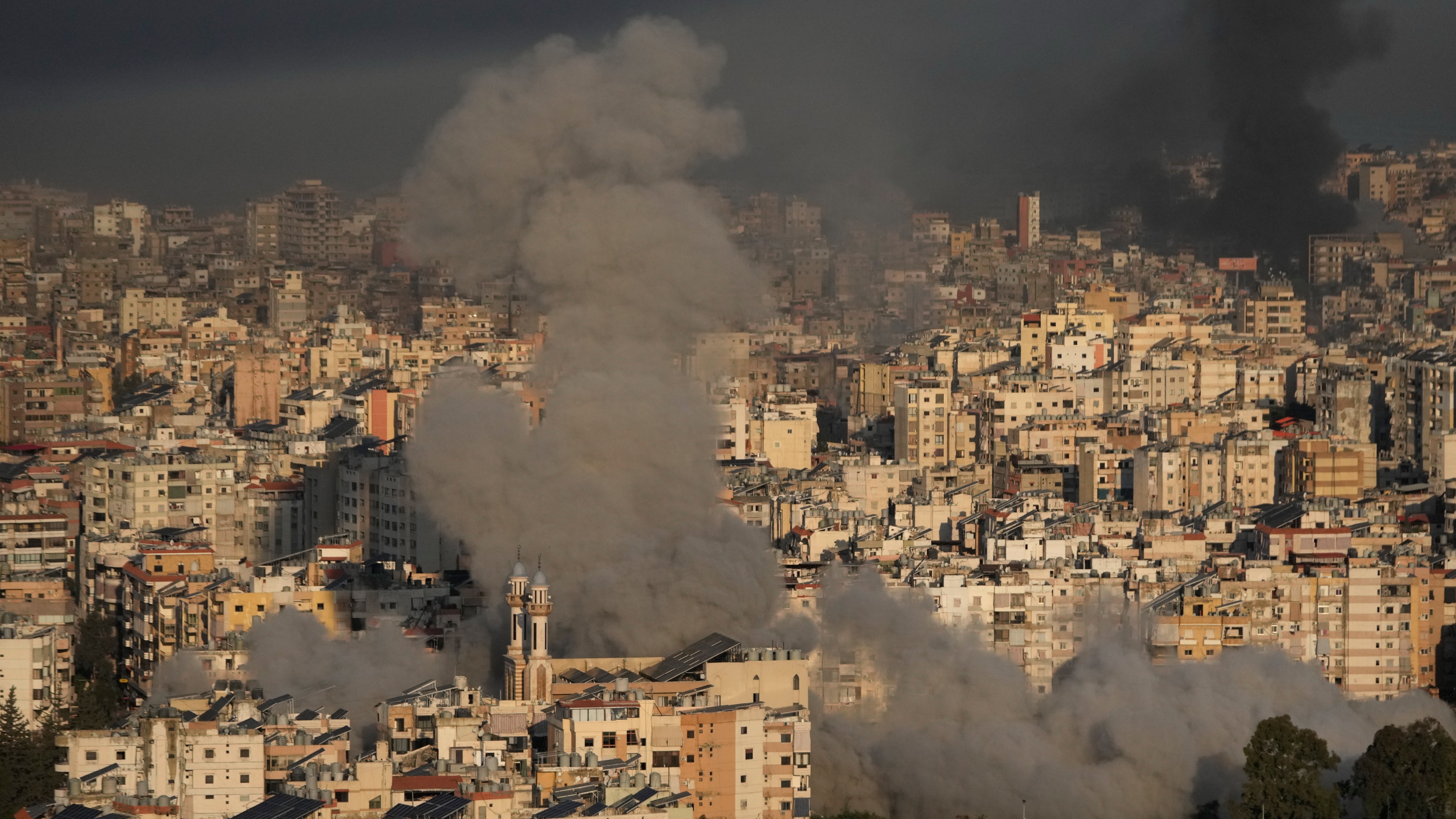People from a fishing town in Iceland which was evacuated over an expected volcanic eruption have been warned it could be months before it is safe for them to return home.
All 3,400 residents of Grindavik were told to leave a week ago as civil defence authorities declared a state of emergency in the southwest of the Nordic island.
Experts fear Grindavik could be destroyed by the eruption, with authorities closing all roads in and out of the town.
Residents have been allowed to return for five minutes each to collect valuable belongings and pets.
The evacuation was ordered as magma – semi-molten rock – rumbled and snaked under the earth amid thousands of tremors.
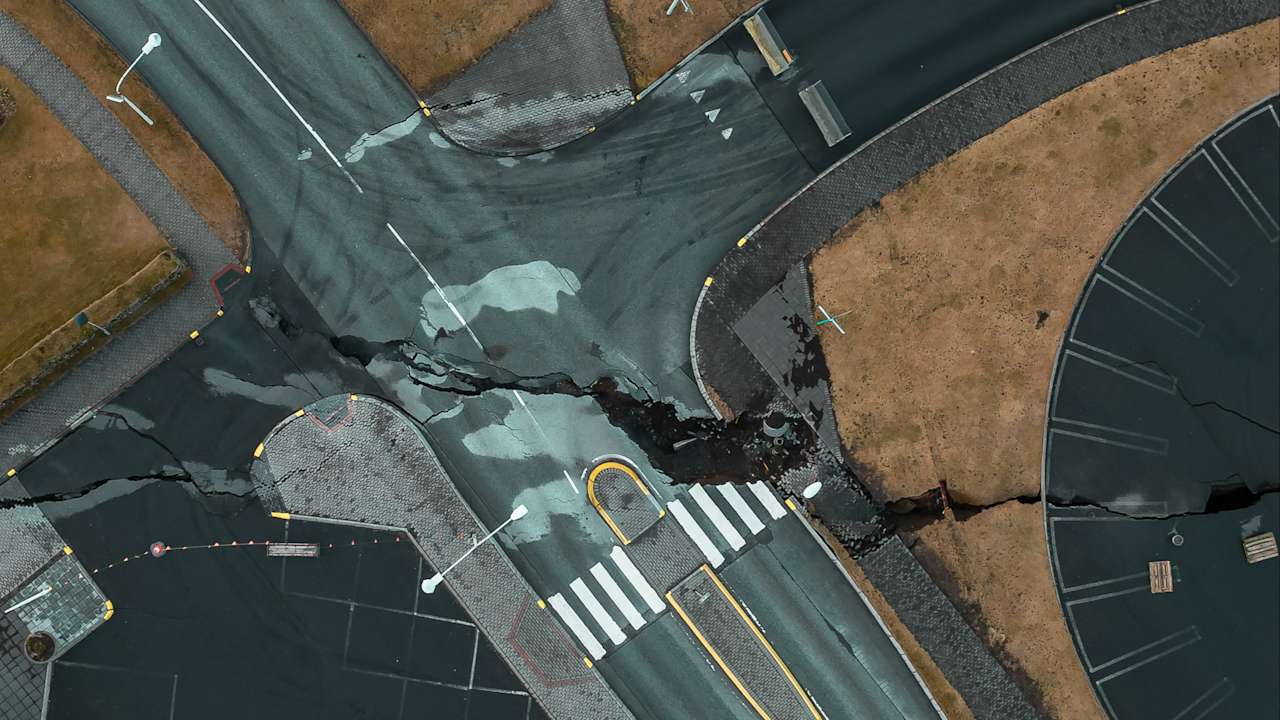
It has left a jagged crack running through the community, thrusting the ground upward by one metre or more in places.
The Icelandic Meteorological Office said there is a “significant likelihood” that an eruption will occur somewhere along the nine-mile magma tunnel, with the “prime location” an area north of Grindavik near the Hagafell mountain.
The Blue Lagoon geothermal resort, close to Grindavik, has been shut at least until the end of November due to the danger posed by the volcano.
Even if the anticipated eruption doesn’t happen, civil protection authorities said that it’s likely to be months before it’s safe for residents evacuated from the danger zone to go home.
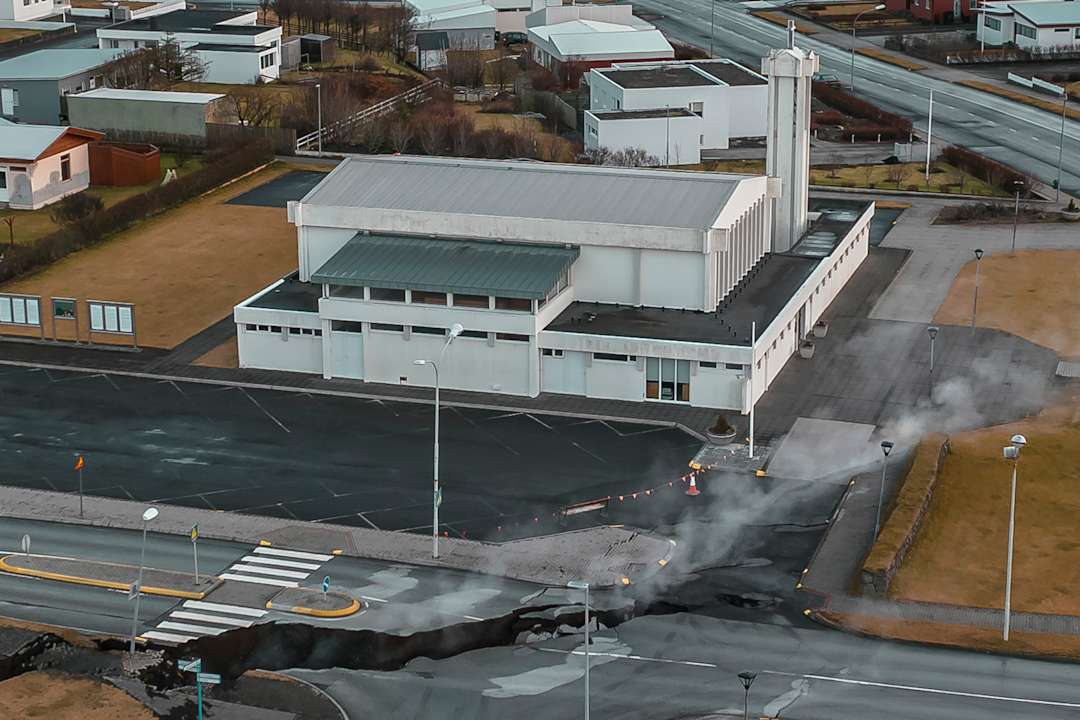
A volcanic system on the Reykjanes Peninsula has erupted three times since 2021, after being dormant for 800 years. Previous eruptions occurred in remote valleys without causing damage.
Iceland sits above a volcanic hot spot in the North Atlantic and averages an eruption every four to five years.
The most disruptive in recent times was the 2010 eruption of the Eyjafjallajokull volcano, which spewed huge clouds of ash into the atmosphere and grounded flights across Europe for days because of fears ash could damage airplane engines.
Scientists say a new eruption would likely produce lava but not an ash cloud.
Follow STV News on WhatsApp
Scan the QR code on your mobile device for all the latest news from around the country


